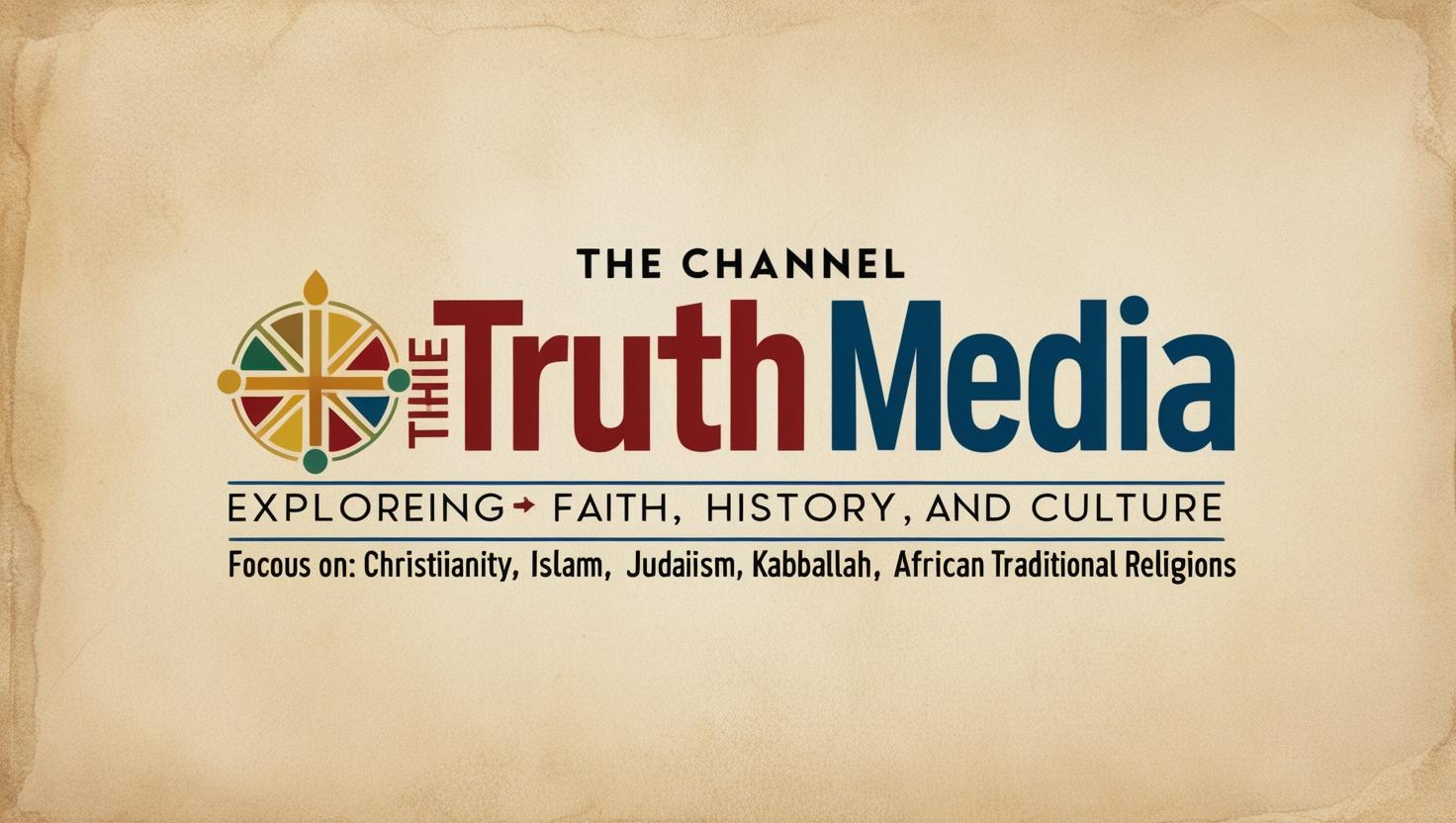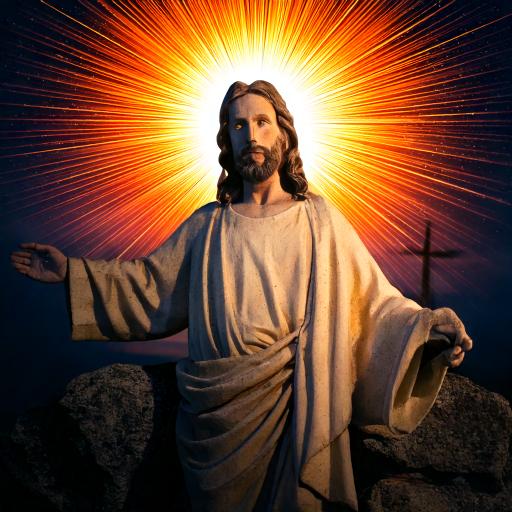Introduction
The figure of Jesus holds a unique and revered position in Islam, as he is not only considered one of the greatest prophets but also referred to as "Ruh Allah," or the Spirit of God. This designation underscores his profound spiritual significance and distinguishes him from other prophets in Islamic tradition. In this article, we explore the Islamic perspective on Jesus as Ruh Allah, his miraculous birth, divine teachings, and how he embodies the presence of God’s spirit in the world. This discussion is rooted in Quranic teachings and Islamic theology, offering insights into his elevated status in Islam.
Jesus as Ruh Allah: An Overview
The term "Ruh Allah" appears in the Quran to describe Jesus, reflecting his spiritual connection to God. The Quran explicitly mentions Jesus as a "spirit from Him" in Surah An-Nisa (4:171):
"The Messiah, Jesus, son of Mary, was but a messenger of Allah and His word which He directed to Mary and a spirit from Him. So believe in Allah and His messengers..." (Quran 4:171)
This verse highlights three significant aspects of Jesus in Islam:
- Messenger of Allah: Jesus was sent by God as a prophet to guide humanity.
- Word of God: He was created by the divine command, "Be" (Kun), emphasizing his miraculous origin.
- Spirit from God: This designation signifies a special spiritual essence that connects him to God.
In Islamic theology, the title "Ruh Allah" does not imply divinity but rather emphasizes Jesus' unique role as a sign of God's power and mercy.
The Miraculous Birth of Jesus
One of the most extraordinary aspects of Jesus’ life is his miraculous birth, which is a cornerstone of his identity in Islam. The Quran recounts the story of Mary (Maryam), a pious and chaste woman chosen by God to bear Jesus. The angel Gabriel (Jibril) appeared to Mary to deliver the glad tidings of a son:
"He said, 'I am only the messenger of your Lord to give you [news of] a pure boy.' She said, 'How can I have a boy while no man has touched me and I have not been unchaste?' He said, 'Thus [it will be]; your Lord says, "It is easy for Me, and We will make him a sign to the people and a mercy from Us. And it is a matter [already] decreed."'" (Quran 19:19-21)
This miraculous conception, without a human father, demonstrates God’s omnipotence and serves as a testament to His creative power. The birth of Jesus is seen as a "sign" (ayah) of God’s ability to create life in extraordinary ways, akin to the creation of Adam.
Maryam: A Model of Piety
Mary’s role as the mother of Jesus is also deeply revered in Islam. The Quran dedicates an entire chapter, Surah Maryam, to her story, highlighting her devotion, chastity, and trust in God. She is considered one of the greatest women in Islamic tradition and a model of faith for all believers.
Jesus' Divine Teachings
As a prophet, Jesus was entrusted with delivering God’s message to the Children of Israel. His teachings emphasized monotheism, compassion, and moral righteousness. The Quran recounts several of his miracles and messages:
- Monotheism and Worship of God: Jesus called people to worship Allah alone and follow His commandments.
"Indeed, Allah is my Lord and your Lord, so worship Him. That is the straight path." (Quran 19:36)
- Miracles as Signs of Prophethood: Jesus performed numerous miracles by God’s permission, including healing the blind and lepers, raising the dead, and creating birds from clay.
"I have come to you with a sign from your Lord: I will create for you from clay [the likeness of] a bird, then I will breathe into it, and it will become a bird by permission of Allah. And I will heal the blind and the leper and give life to the dead – by permission of Allah." (Quran 3:49)
- Compassion and Mercy: Jesus embodied mercy and kindness, particularly toward the marginalized and oppressed. His teachings stressed forgiveness, humility, and care for others.
The Injeel: Jesus’ Scripture
The Quran acknowledges that Jesus was given a holy scripture called the Injeel (Gospel). While the original Injeel is believed to have been altered over time, it is recognized as a divine revelation that guided people during Jesus’ lifetime:
"And We sent, following in their footsteps, Jesus, the son of Mary, confirming that which came before him in the Torah; and We gave him the Gospel, in which was guidance and light..." (Quran 5:46)
Jesus as a Sign of God’s Spirit in the World
The title "Ruh Allah" reflects Jesus' role as a manifestation of God’s spirit and mercy in the world. His life and mission symbolize the divine connection between God and humanity, serving as a reminder of God’s presence and power.
Spiritual Significance
- Symbol of God’s Mercy: Jesus' miraculous birth, teachings, and miracles are seen as expressions of God’s mercy to humanity.
- Embodiment of Divine Will: Jesus’ life illustrates submission to God’s will, exemplifying the essence of Islam.
- Hope and Redemption: Jesus is viewed as a source of hope and a sign of God’s ability to redeem and guide humanity.
The Role of Jesus in Eschatology
In Islamic eschatology, Jesus plays a pivotal role in the end times. Muslims believe that Jesus will return to earth before the Day of Judgment to restore justice and defeat the Antichrist (Dajjal). His second coming signifies the ultimate triumph of truth and righteousness.
"And indeed, Jesus will be a sign for [the coming of] the Hour, so be not in doubt of it, and follow Me. This is a straight path." (Quran 43:61)
Commonalities with Christian Beliefs
While Islamic and Christian views on Jesus differ significantly, there are notable commonalities:
- Virgin Birth: Both faiths affirm that Jesus was born of the Virgin Mary through a miraculous conception.
- Prophetic Mission: Jesus’ role as a messenger and teacher is acknowledged in both traditions.
- Second Coming: The belief in Jesus’ return is a shared tenet, though the details vary.
These shared beliefs offer a foundation for interfaith dialogue and mutual understanding.
Conclusion
In Islam, Jesus as Ruh Allah represents a profound connection between the divine and the human. His miraculous birth, divine teachings, and spiritual essence highlight his unique status as a prophet and a sign of God’s power and mercy. By understanding the Islamic perspective on Jesus, we can appreciate his role as a bridge between faiths and a symbol of God’s enduring presence in the world.
Author: Benedict M. Rehoboth and Mercy Mambure.

